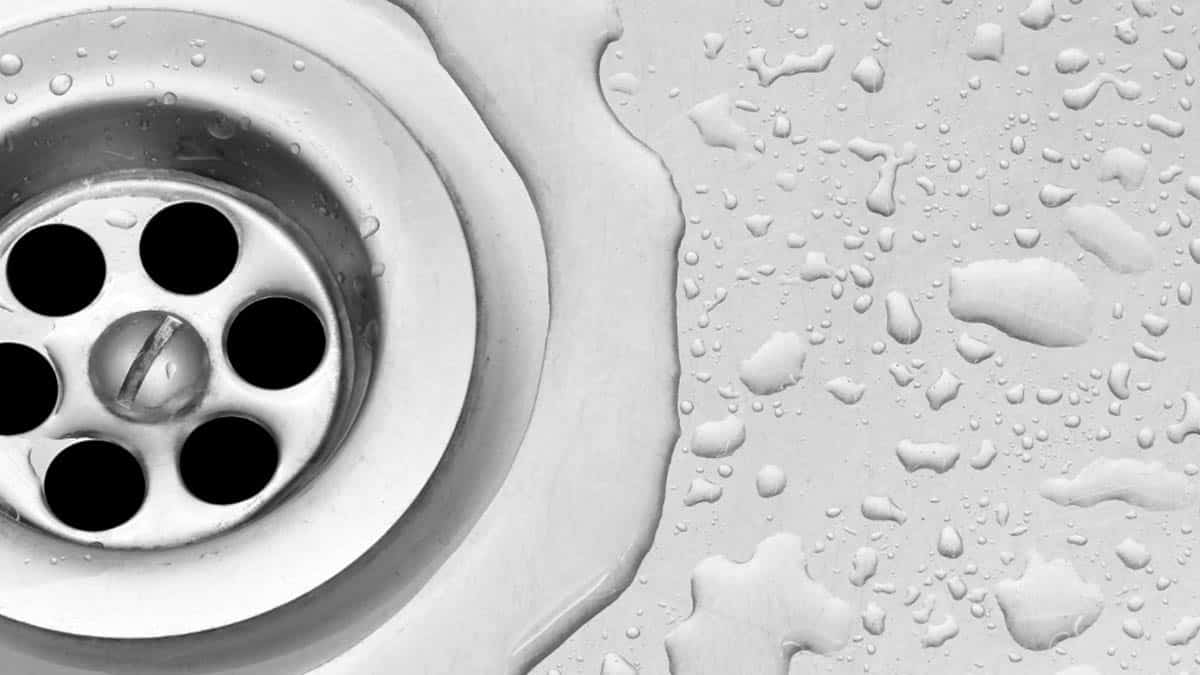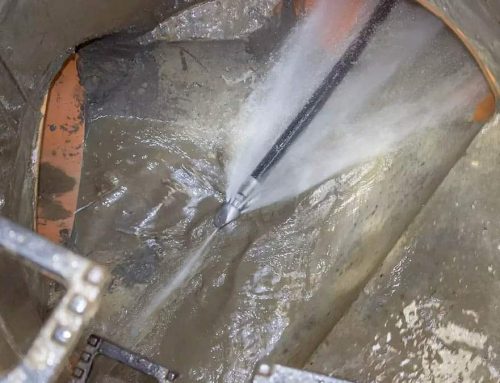
Drain Clogs: Everything You Should Know
A clogged drain is one of the main plumbing issues that homeowners face. The problem happens when solid objects, such as food and dirt, block the waste pipes. If unattended, the clogs can result in slow draining bathtubs or sinks as well as a foul odor.
Some clogs can happen without your knowledge, but the good thing is that you can get rid of them in time to prevent further plumbing issues. Here’s what you should know about clogged drains.
Signs of Drain Clogs
You can save both time and money if you solve a clogged drain issue early enough. Here are the main signs to watch out for:
- Toilet bubbles
- Bad smells from the toilet, sink, or the bathtub
- Stagnant water beneath the sink or the bathtub
- Slow drainage from your sinks, restrooms, or bathtubs
An experienced plumber can address the issue and give you helpful tips to prevent a similar problem in the future.
Causes of Drain Clogs
Below is a list of some of the most common causes of drain clogs and an explanation of how to prevent the clogs.
Soap
Soap is a primary cause of drain clogs in homes with hard water. Soap residue, commonly known as scum, forms every time you bathe or wash. The residue sticks on the drainpipes and reduces the diameter of the pipes. With time, the residue can completely block the drainage, and this causes a drain clog.
To prevent this issue, use a water softener if you have hard water in your home. Also, clean the drains regularly with a long brush to get rid of any residue on the walls of the pipes.
Dirt
A common misconception is that all the dirt goes down the drain whenever you clean your bathroom or sink. However, sometimes, the dirt will stick on the pipes and might cause clogs if it accumulates for an extended period.
Clean your drains well. Schedule regular plumbing inspections to have your drains checked of any objects that may affect the smooth flow of water.
Oil and Fat
Fat, oil, or grease can solidify in your drainage pipe and cause drainage issues. However, fats can only cause severe drainage issues when they accumulate for a long time or mix with other types of dirt particles.
Don’t allow oil, fat, or grease to go down any drains. If it happens accidentally, pour hot water down the drain to remove the fats.
Additionally, don’t dispose of food remains down the drain either, because they contain oil or fats that may cause future drain clogs.
Tree Roots and Leaves
Tree roots or leaves can find their way into your drainage pipes and cause water passage problems.
If the roots affect your drainage system, you may need to trim or remove the nearby trees. Trim the twigs too so that they don’t fall into the drainage and cause plumbing issues.
Ways to Unclog Drain Clogs
Drain clogs can be a nuisance, whether they happen in the sink, toilet, or bathtub. Fortunately, you can often unclog them yourself. For example, you may want to try a baking soda and vinegar solution. You can mix these two ingredients to get rid of the tougher clogs. Pour the concoction on the sink or the clogged pipes, scrub with a long brush, and rinse with clean water.
You should only try this DIY hack for minor drain clogs and call an expert for any major ones.
Drain clogs can cause costly damages if you don’t solve them early enough. Call a plumbing expert if the clogs interfere with your daily activities at home. At Moon Valley Plumbing and Rooter, we use the latest plumbing technology to identify and fix drain clogs. Contact us to get quick help for your plumbing issues.

